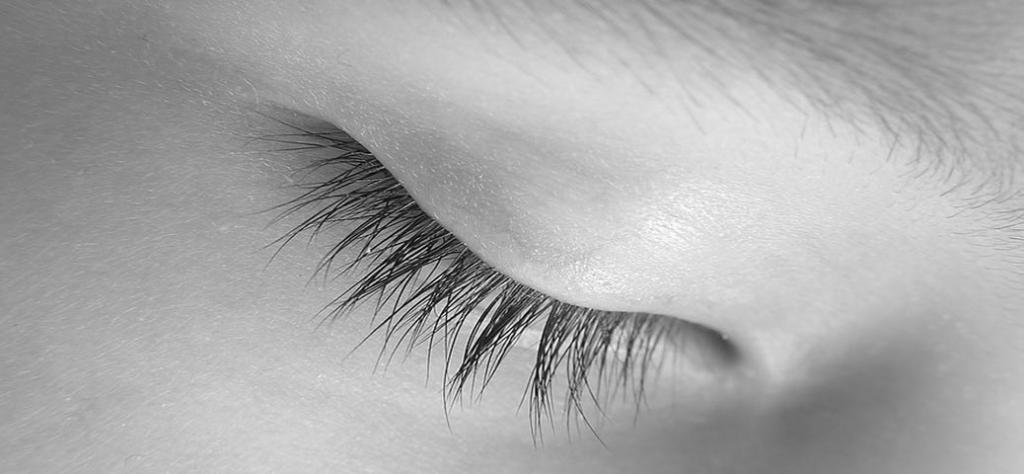

I recently watched an interesting TED talk presented by circadian neuroscientist Russell Foster entitled “Why do we sleep?”. Foster describes how in past eras, sleep was welcomed and understood as a necessary cycle in our lives. In recent times though, since industrialization, the fact that we spend about 1/3 of our lives asleep has been framed as a problem – sleep has become a foe! Foster reflects that this sentiment has in fact been championed by people like Thomas Edison (“Sleep is a criminal waste of time and a heritage from our cave days.”), and Margaret Thatcher (“Sleep is for wimps.”).
Although the science of sleep is not well understood, as a neuroscientist, Foster supports what he believes are the two best theories for why we need sleep. Firstly, we sleep for physical restoration where the body’s metabolism changes gears toward repairing, restoring and maintenance functions. Secondly, and perhaps more importantly, during sleep the brain undergoes a process of filtering and memory consolidation.
Sleep-deprived individuals have a greatly reduced ability to learn a new task, or to lay down a memory and be able to recall it later. What’s even more affected by sleep though is our creativity – if we are sleep deprived we are much less able to come up with novel solutions to complex problems. Foster says research shows that we can have as much as three-fold improvement in creative thinking after a good sleep! We all know we come up with better solutions to a problem or a difficult situation after a good sleep. Isn’t that where the saying “sleep on it” comes from?
Foster describes how sleep deprivation is strongly correlated to obesity, perhaps because the stress of being sleep-deprived causes increased levels of the hormones cortisol and grehlin. Cortisol is a longer term stress hormone which induces adaptive metabolic shifts in the body, including the storage of abdominal fat. Grehlin is the hunger hormone and can be associated with an increased appetite.
Making things worse is the vicious cycle many people create in trying to cope with sleep deprivation. Using stimulants like coffee to keep awake after sleeping poorly can disrupt sleep the next night. The caffeine in coffee is actually a drug that blocks the sleep signal the brain sends to the sleep centre. So it is not really a true stimulant, but is a sleep-blocker! And so then the cycle can continue with the use of depressants in the evening to get to sleep after using excess stimulants. People often drink alcohol before bed to wind down and then get to sleep. Or some use sleeping pills. Regardless, the problem with depressants is that they interfere with active nature of the brain during sleep that is sorting things out from the wakeful experience. Yes, depressants can get you to sleep, but they diminish the quality of sleep by inhibiting mental consolidation. And so, when waking up exhausted, the need for morning time stimulants continues!
Foster says that research from the 1950s showed that most of us were getting around about eight hours of sleep a night back then. Nowadays, were are down to six-and-a-half-hours every night on average. For teenagers, even though most need nine hours for full brain performance, many of them on a school night are only getting five hours of sleep! A rule of thumb to know if you are getting enough nourishing sleep is in how you use an alarm clock. If you need an alarm clock to wake up in the morning (not just as a backup in case you don’t), then likely you are not getting enough sleep.
Watch Foster’s TED talk here where he gives tips on how to set yourself up for a good night’s sleep.




